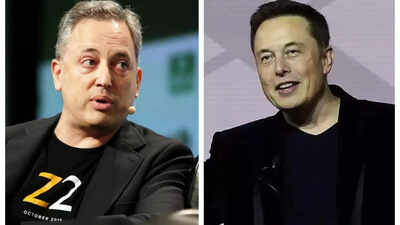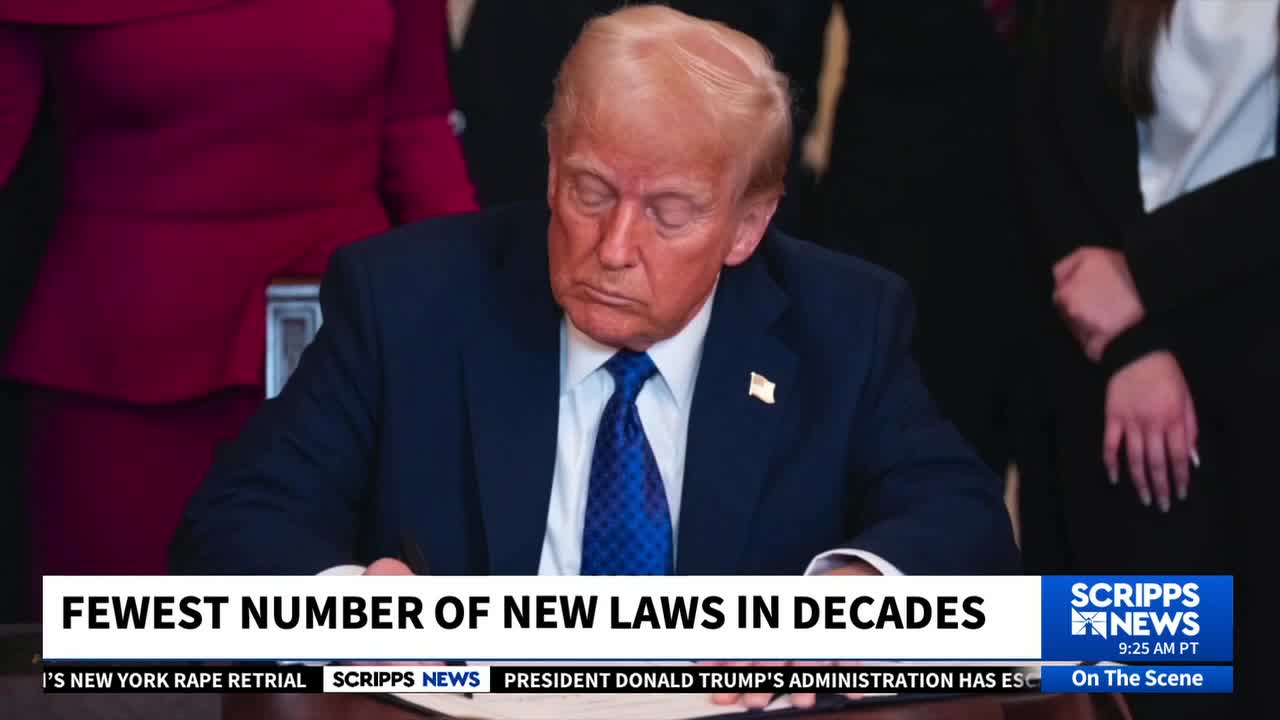
Do the Thunder have what it takes to reach the Finals?
Oklahoma City has the pieces—but do they have the experience to win three playoff series?
“This is gonna make me look bad, isn’t it?”
Unfortunately, Jaxson Hayes, yes, it will. But only in the beginning.
The play, one Hayes did not remember, came last season, on Dec. 12, 2023, when he was in his first months with the Los Angeles Lakers and Luka Dončić was still starring for the Dallas Mavericks. It was midway through the fourth quarter of a tight game, with the Mavericks down by two.
Dončić — as he loves to do — called for a pick-and-roll to draw a matchup against the opposing team’s center. In this case, it was Hayes. Dončić dribbled his way into the low left block, drove his shoulder into Hayes to create space, a space Hayes closed quickly — maybe a little too quickly.
With Hayes in his face, Dončić took a moment, gathered his feet and then whipped the ball with his left hand right behind Hayes’ head to a wide open Dante Exum, who was waiting patiently behind the 3-point line at the top of the key. The pass fell right into Exum’s shooting pocket and the shot barely hit net, one of Dončić’s 17 assists that night.
“Ugh, bro, come on,” Hayes told USA TODAY Sports with a smile recently after being shown the highlight on a smartphone. “I’m just glad he’s making those plays on our side now.”
In his 31 games with the Lakers, Dončić has done exactly that, feeding role players with no-look dishes, over-the-head scoops and full-court darts, providing scoring opportunities for those who might otherwise struggle to claim those chances.
Yet, Dončić is just one of the generational passers on the Lakers. Throughout his 22 seasons in the NBA, no player has dazzled with his vision, ball location and creativity more than LeBron James. With the attention that Dončić and James draw, often sucking additional defenders into the paint when they attack, players like Hayes, guards Austin Reaves, Gabe Vincent and forward Rui Hachimura have all benefitted.
“He has such great court vision as a player,” Hayes said of Dončić. “He draws so many defenders and gets so much attention, so it gets me a lot of open baskets. It has been awesome. I just need to make sure I’m in the right positions. Luka and LeBron — they do all the rest.”
Hayes, in particular, has seen his efficiency soar. When Dončić drives, opposing bigs often abandon Hayes to try to alter Dončić’s shots, which has led to dozens of easy lobs for Hayes to dunk through the rim.
In the 25 regular-season games that both Dončić and Hayes played, Hayes recorded a perfect shooting percentage in seven of them. In that span, Hayes shot 76.5% from the field, representing an increase of nearly 10 percentage points compared to the 29 games Hayes played prior to Dončić’s arrival, in which he shot 67.6%.
“You just always have to have your hands ready,” Hayes said.
It has become a nightly occurrence for Dončić to laser a highlight-worthy pass to a teammate. The pressure, then, falls on his teammates to make good on their end and drain the open shots.
Earlier this month, in a 126-99 April 6 victory over the Oklahoma City Thunder, Dončić flipped a no-look pass behind his head to an open Vincent, who flushed a 3. When asked after the game how he comes up with these passes in the moment, Dončić practically shrugged.
“I don’t think you can practice that pass, honestly,” Dončić said then. “It’s just sometimes I decide some stuff, then I don’t know how I make it.”
Yet, the Lakers are currently in a 2-1 hole in their first-round series against the Timberwolves, and Dončić struggled through a Game 3 loss with a stomach bug. The Lakers wasted a 38-point showing from James with turnovers and missed opportunities.
Game 4 tips off Sunday in Minnesota, and a 3-1 deficit would put the team’s season in a precarious spot. Whether Dončić recovers from his stomach ailment or not, the Lakers will need more from him, starting with that Luka magic, the no-look dishes that destabilize a defense.
“Nobody is faster than the ball,” James said recently of Los Angeles’ passes. “It comes to ball movement and things of that nature that combat a lot of the ball pressure.
“When that ball is popping, that’s always a key to success.”











